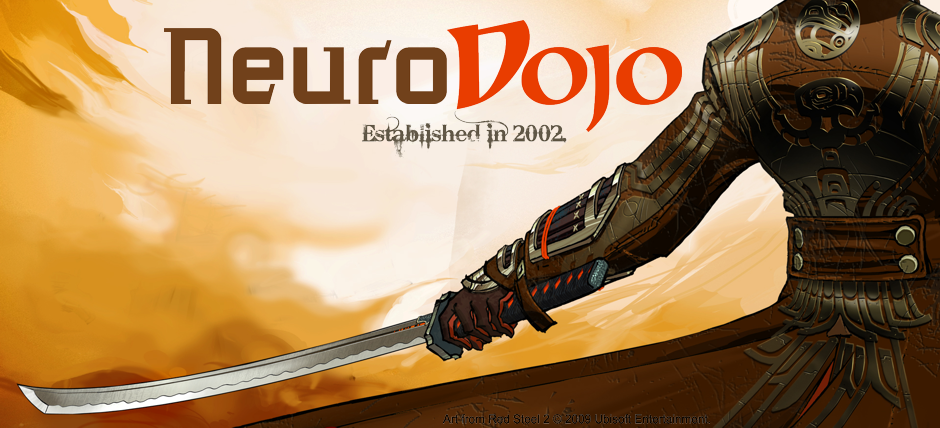Complaints about peer review are often made by people who believe that their work is so infallible and perfect that it cannot be made better by peer review.
It trickles through in complaints about how long peer review is taking (when the review time may be reasonable), It trickles through when asking what reviewers could possibly say about a manuscript. It trickles through when questioning the value of journals organizing peer review.
This is a dangerous habit of mind for a scientist. As David Brin likes to say, “Criticism is the only known antidote to error.”
Sure, most scientists are professionals who are trained to produce competent science. It’s not surprising that most papers pass peer review, and that the improvement is not always that large. But there shouldn’t be an expectation that everything a scientist does is going to be worth publishing as is. Everyone makes mistakes.
As Rose Eveleth said yesterday:
Sure, some editors are annoying, but you know what is worse? Literally any writer’s raw copy.
This is a message a lot of scientists need to hear.
External links
How long should peer review take?

1 comment:
I only half agree. My experience, having been through peer-review 15-20 times, is that it does improve my publications -- but not nearly by enough to be worth all the other work that I would have been doing if I'd not had to engage in that dance. Of course, that's only my opinion.
Post a Comment